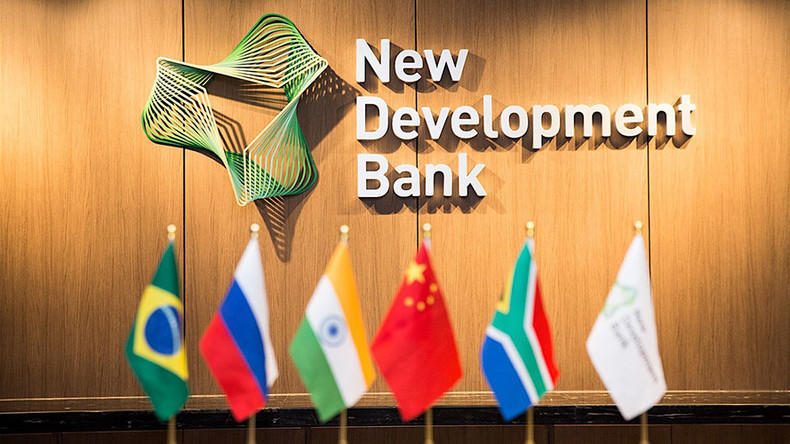BRICS: A way towards Multilateralism?
Representing 40% of the world's economy and the prospect of taking over even G7 by 2050 makes the BRICS one of the most powerful emerging grouping. In its first summit in Russia (Yekaterinburg 2009) three important consensus were made and strangely these three consensus becomes the soul of BRICS to sustain even in the present international arena.
1) Reforming Financial Institutions
2) Need for new international currency; and
3) Democratic and just multipolar world
Today the New Development Bank and the Contingency Reserve Arrangement of BRICS offer a crucial alternative to the financial system of Bretton Woods arrangements (IMF and World Bank) and even improve the bargaining capacity of members in the WTO. The Idea of BRICS+ for expanding the members and strengthening the credibility of the grouping challenges American or more precisely to say Western 'hegemony'.
But the challenge remains for the members to be part of a grouping which consists of a country like China, which is inspired by the ideas of the middle kingdom and offers no space for the other members to breathe.
Both Brazil and South Africa think of China as a main competitor in their domestic production and market spaces and they even criticized the country for the manipulation of its currency for profits. For eg, many textile industries in South Africa have been closed on the pretext of cheap imports received from the Chinese companies. India already imposed heavy anti-dumping laws on 'n' number of Chinese goods. Russia sees China as counterproductive and has a perception that if remained unchecked may pose a serious security threat to Russia. Hence respecting all these factors future of BRICS will not be very smooth.
Therefore BRICS will only survive solely on the commitment of its member states on the assumption that till when they want to push for the idea of multilateralism and make global governance more sustainable and representative.



Comments
Post a Comment